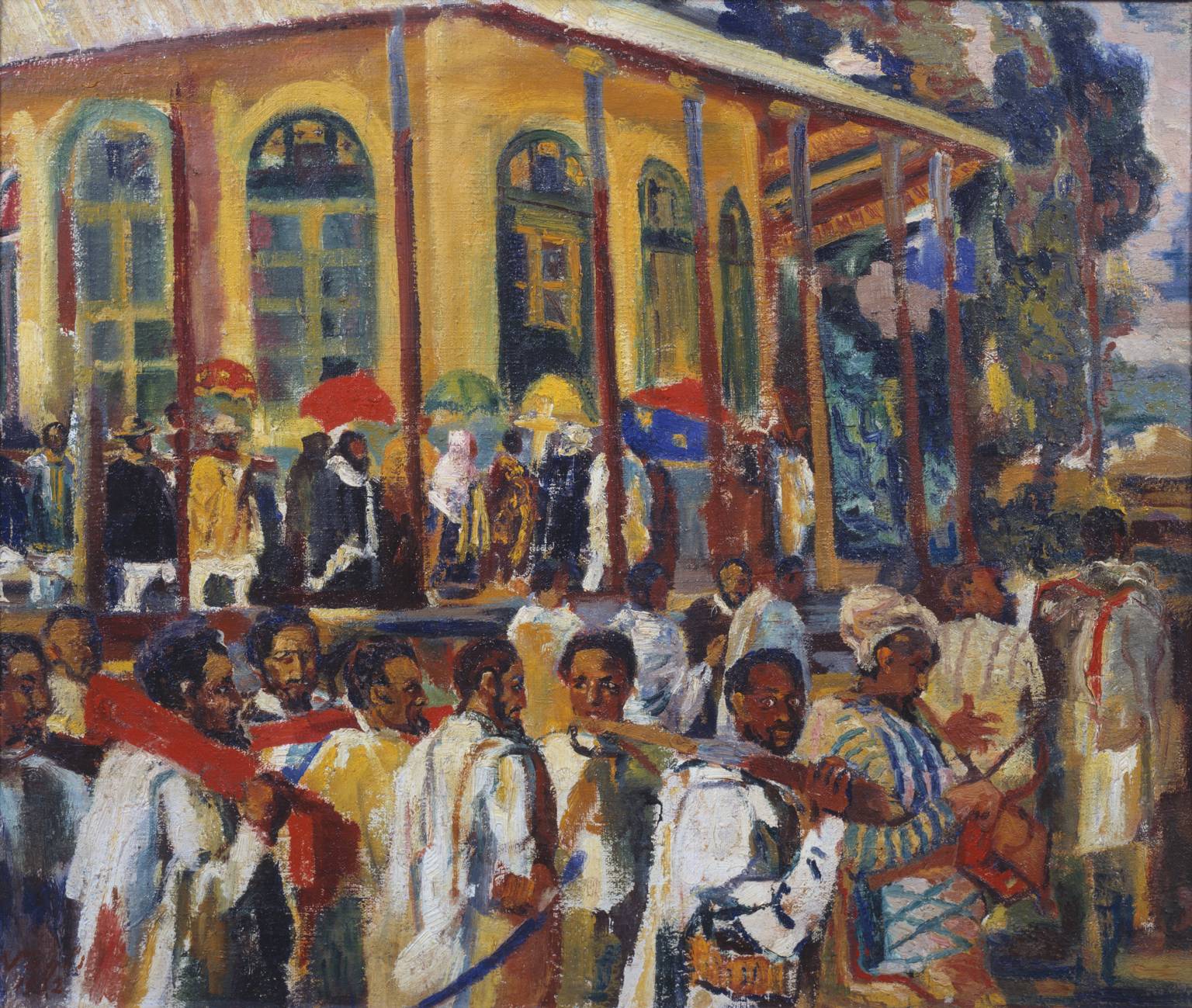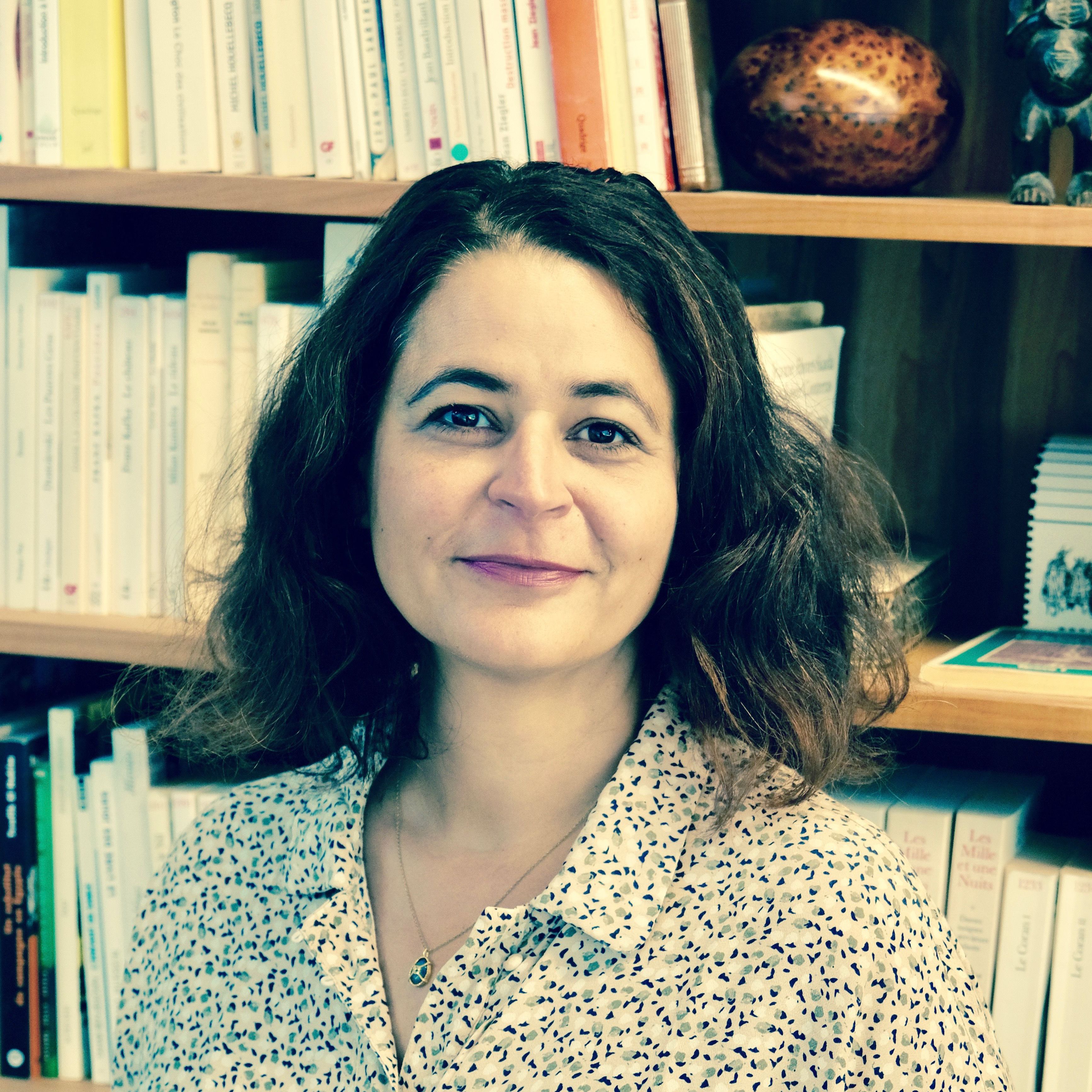Conference replay
"Mahmoud Moukhtar, Mohamed Naghi. Les Modernes d'Egypte. Trajectoires et réseaux transméditerrannéens à Paris au début du XXe siècle"
Nadia Radwan
Fondation Giacometti, Paris (online and onsite conference)
22 February 2022, 6:30 pm (UTC: 5:30 pm)
The still fragmentary history of modern Egyptian art is marked by the multiple circulations on both sides of the Mediterranean and the constitution of transnational networks. In the first half of the 20th century, many artists came and went between Egypt and Europe to study, teach or set up a studio. This migration is also that of institutional models, in which the definition of artistic modernity is anchored and which, through the counter-discourses it generates, opens the way to the avant-gardes of the 1940s-50s. Through the exemplary cases of Mahmoud Mokhtar and Mohamed Naghi, this conference will examine the role played by Paris in the careers of these artists and in the development of this modernity.
More information here.


Nadia Radwan is an art historian and assistant professor of Global Art History at the University of Bern (Institute of Art History/Center for Global Studies). She has been a researcher and teacher at the American University in Cairo, the American University in Dubai and the University of Zurich. Her research focuses on Middle Eastern art and architecture (19th and 20th centuries), non-Western modernisms, Arab feminisms, Orientalism and the global museum. Her doctoral thesis, The Moderns of Egypt (Peter Lang) was published in 2017. Her current work focuses on the politics of abstraction and ornament in the Middle East. She has contributed to several curatorial projects and exhibition catalogues (Mathaf: Arab Museum of Modern Art, Sharjah Art Museum, The Metropolitan Museum of Art). She is the co-founder of Manazir: Swiss Platform for the Study of Visual Arts, Architecture and Heritage in the Middle East and the editor-in-chief of Manazir Journal.
